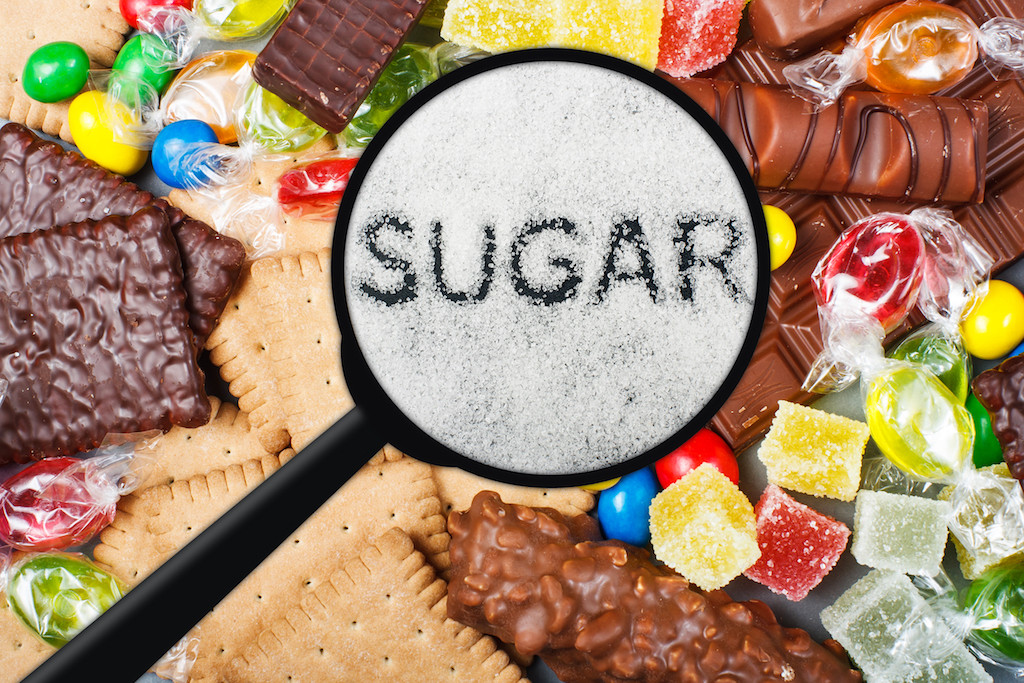Popular Reads
Top Results
Can't find what you're looking for?
View all search resultsPopular Reads
Top Results
Can't find what you're looking for?
View all search resultsSix signs of sugar addiction
Change text size
Gift Premium Articles
to Anyone
When it comes to addictions, people think of caffeine, nicotine and alcohol. However, many people are addicted to sugar.
Unfortunately, a sugar addiction can lead to an increased risk of cardiovascular disease, type 2 diabetes and weight gain.
Sugar addicts experience withdrawal symptoms when their sugar intake is cut, Reader’s Digest points out. It is therefore an addiction that is detrimental for people who need to make dietary improvements for health reasons.
Below are six signs compiled by Reader’s Digest to identify if you are addicted to sugar.
1. You hide your sugar intake
Although an addict may be aware that his or her sugar consumption is excessive, there are always excuses. He or she tends to hide sweets and any visible signs of addiction and lie to themselves and others about it.
Ken Berry, MD, who wrote "Lies My Doctor Told Me", told Reader’s Digest that making excuses or deals concerning sweets and desserts is a sure sign of a sugar addiction.
“No one hides broccoli in their closet; if you hide sweets, or sneak to eat them, you have a sugar addiction,” said Berry.
2. You can’t get enough sugar
When more and more sugar is needed to satisfy the craving, an addiction is in full swing. Erin Akey, a nutritionist and chef, said the need for more sugar to satisfy one’s craving is a definite sign of sugar addiction, as the tolerance for sweets has built over time. Unfortunately, a sugar binge is followed with a fall in blood sugar level.
“[…] insulin shoves all that sugar into the cells to prevent sugar damage,” Carolyn Dean, a health, diet and nutrition expert, explained, adding that the fall lowers blood sugar levels and leads to more cravings.
3. There is always room for dessert
Many tend to eat because of boredom, stress or as a reward, not because of hunger. Even a filling meal isn't a reason to skip a sweet dessert. Lisa Rachel Snyder, initiator of an intuitive eating and self-love online course called Beautiful Badass Method, said turning to sugar when not physically hungry was a sure sign of addiction.
Read also: It’s 2019: Reduce sugar to achieve overall fitness goal
4. Cravings get salty
As a sugar addict’s body lacks the nutrition it needs, it craves salty food. Lisa Richards, a nutritionist who created a low sugar, anti-inflammatory diet called the Candida diet, said cravings for salty and savory foods was the body’s way of telling you that you need to take a break from sugar and eat something more nutritious.
5. Quitting sugar leads to withdrawal symptoms
Realizing that excessive sugar intake is not healthy, a sugar addict may try to quit. However, as consuming sugar has become a behavioral as well as a chemical addiction, the body is likely to show signs of distress or withdrawal.
Adam Kadela, founder of DexaFit, a company that provides real time data and actionable insights on people's health, told Reader’s Digest that quitting sugar abruptly could lead to withdrawal symptoms.
“Some of the most common sugar addiction symptoms may include headaches, lethargy or feeling tired, cravings, muscle pain, nausea, gas and bloating, and even insomnia,” said Kadela, noting that it was best to cut back on sugar a little at a time.
6. Consuming sugar is a way to calm down
While some smoke a cigarette when stressed, others grab a donut or some fast food to rely on the "feel good' effect of sugar. Apparently, turning to sugar in order to cope with life stressors or other issues is a psychological symptom of sugar addiction, according to Lin Anderson and Aaron Sternlicht, licensed therapists specializing in addiction.
“Indulging in sugar to acquire such emotional relief is extremely unhealthy, as it does not allow the individual to feel their emotions or deal with them properly,” Anderson and Sternlicht are quoted as saying. (sop/mut)











